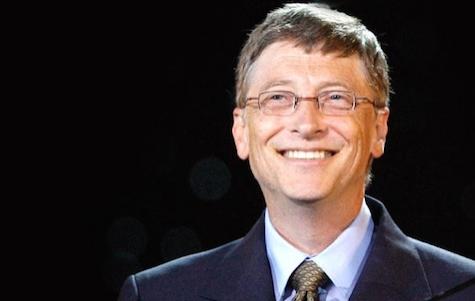Cool kids at school are less likely to succeed as adults, with less popular children usually outstripping their cooler counterparts by the time they reach adulthood, a study by the University of Virginia has suggested.
The study also found popular children are more likely to end up jobless or addicted to drugs in their twenties.
Researchers tracked the lives of 184 teenagers from the age of 13 for a decade and found those considered less cool at school were outperforming their more popular peers within a decade.
The study, published in the journal Child Development, found those considered popular in their early and mid-teens were more likely to suffer drug abuse problems and social isolation as they reached adulthood.
Young boys who stole from their parents or spray-painted walls were seen as cool in their teens, but were rejected as criminals in their twenties.
Study lead author Professor Joseph Allen, said he had been surprised to discover that "the group of young people who seemed to be on the fast track in adolescence...ended up more like a dead end."
Prof Allen said he hoped the findings would be a comfort to parents who worried about their geeky children.
"Young people who get a lot of reinforcement and praise and attention for superficial kinds of qualities are at risk,” he said.
"They come to depend on these, which don't have much appeal in the wider, adult world.
"Parents are often worried that their kids are behind because they aren't indulging in this sort of behaviour, but it's trying to appear older that's the problem."
The study found that by 23, the kids judged to be “cool” had a 45% greater rate of alcohol and cannabis use than their more socially stunted peers. They were also 24% worse at getting along with others.
The study’s finding reiterate Microsoft’s Co-chair and billionaire, Bill Gates’ (pictured) famous quote: “Be nice to geeks, you’ll probably end up working for one.”


















__small.png)










